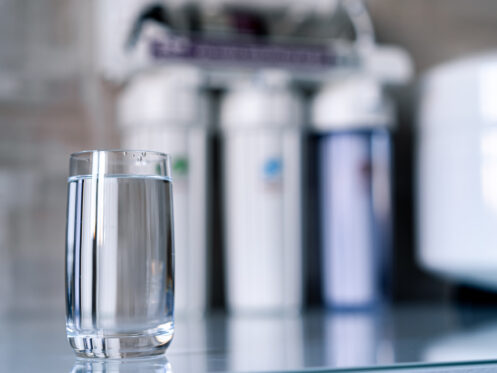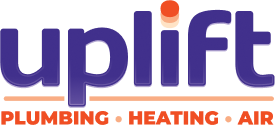Ensuring your family has access to clean, safe drinking water is a top priority for any homeowner. With various contaminants potentially present in tap water, investing in a home water filtration system is a wise decision. But with so many options available, how do you determine the best one for your needs? Let’s explore the top choices to help you make an informed decision.
Types of Home Water Filtration Systems
1. Reverse Osmosis (RO) Systems
Reverse osmosis systems are highly effective at removing a wide range of contaminants, including heavy metals, chlorine, pesticides, and more. They work by forcing water through a semi-permeable membrane, which filters out impurities.
- Pros: Removes up to 99% of contaminants, improves taste, and reduces odor. Ideal for comprehensive purification.
- Cons: Can be slower to produce water and may waste some water in the process. Requires regular maintenance.
2. Activated Carbon Filters
Activated carbon filters use activated charcoal to absorb impurities from water. They are excellent at removing chlorine, volatile organic compounds (VOCs), and improving taste and odor.
- Pros: Affordable, easy to install, and effective for improving taste and odor. Available in various forms, including pitchers, faucet mounts, and under-sink units.
- Cons: May not remove all contaminants, such as heavy metals or pathogens. Requires regular filter replacement.
3. Water Softeners
Water softeners are designed to remove minerals like calcium and magnesium that cause water hardness. Hard water can lead to scale buildup in pipes and appliances, reducing their efficiency and lifespan.
- Pros: Prevents scale buildup, extends the life of appliances, improves soap and detergent effectiveness, and leaves your skin and hair feeling softer.
- Cons: Does not remove chemical contaminants or pathogens. Requires regular replenishment of salt or potassium.
Choosing the Best System for Your Home
The best home water filtration system depends on your specific needs and water quality concerns. Here are some factors to consider:
- Water Quality: Conduct a water quality test to identify the contaminants present in your tap water. This will help you choose a system that effectively addresses those specific issues.
- Budget: Consider both the initial cost and ongoing maintenance expenses of the filtration system.
- Installation and Maintenance: Evaluate the ease of installation and the frequency of filter replacements or maintenance required.
- Flow Rate: Ensure the system can handle your household’s water usage without significantly reducing water pressure.
At Uplift Plumbing, Heating & Air, we understand the importance of clean, safe drinking water. Our experts are here to help you select and install the best water filtration system for your home. Contact us today to schedule a plumbing solution and ensure your family enjoys pure, healthy water every day.




 Today
Today